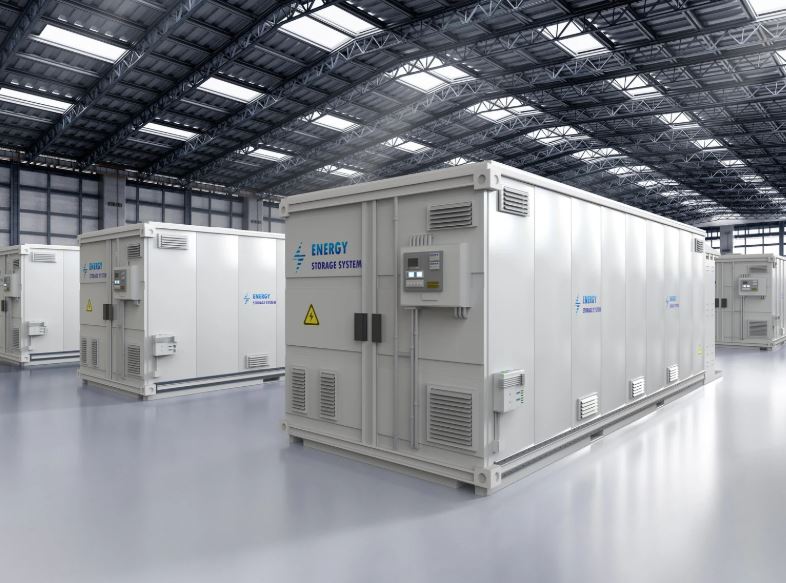Argentina’s Energy Secretariat has issued a pivotal international call for proposals aimed at integrating 500 megawatts (MW) of battery energy storage systems (BESS) within the Metropolitan Area of Buenos Aires (AMBA).
This bid aims to bolster the country’s reliability of electricity supply by addressing critical power nodes, backed by an anticipated investment of $500 million. The initiative demands that the storage systems can provide energy for a minimum of four consecutive hours during each discharge cycle. This initiative reflects a profound shift in Argentina’s approach to energy infrastructure, emphasizing technological innovation and private investment to surmount longstanding systemic challenges.
For decades, Argentina’s electricity infrastructure has suffered from disinvestment and a lack of modernization, leading to a fragile power system that often struggles to meet peak demand. The launch of this storage capacity auction represents a significant pivot towards remedying these issues, beginning in the well-populated metropolitan hub of Buenos Aires. The challenges Argentina faces are part of a broader global trend where energy systems are under pressure to adapt to increasing demand, aging infrastructure, and the urgent need for sustainable solutions.
The involvement of wholesale electricity market management company Cammesa serves as a pivotal element, underlining the project’s credibility. Cammesa will offer guarantees for the storage contracts with utility distributors Edenor and Edesur, and will set the precise dates for offer submissions. The commercial authorization deadline for the requisite infrastructure is outlined for December 31, 2028, illustrating a focused but strategically staggered deployment plan.
In an environment where battery storage ventures are becoming globally normative yet still complex and financially demanding, Argentina’s strategy also includes a financial safeguard mechanism. Offers must include a bank guarantee pegged at $10,000 per megawatt based on the proposed storage capability, ensuring that only financially viable projects are considered. This careful calibration of financial terms solidifies the backbone of the initiative, setting a keen precedent for future energy investments within the region.
Moreover, Argentina’s call extends beyond Buenos Aires, inviting provincial jurisdictions to adopt and replicate similar energy strategies. This presents both a challenge and an opportunity for regional governments to align with the national vision of modernizing the energy sector, which could yield overarching benefits for a country often hampered by electricity supply inconsistencies.





